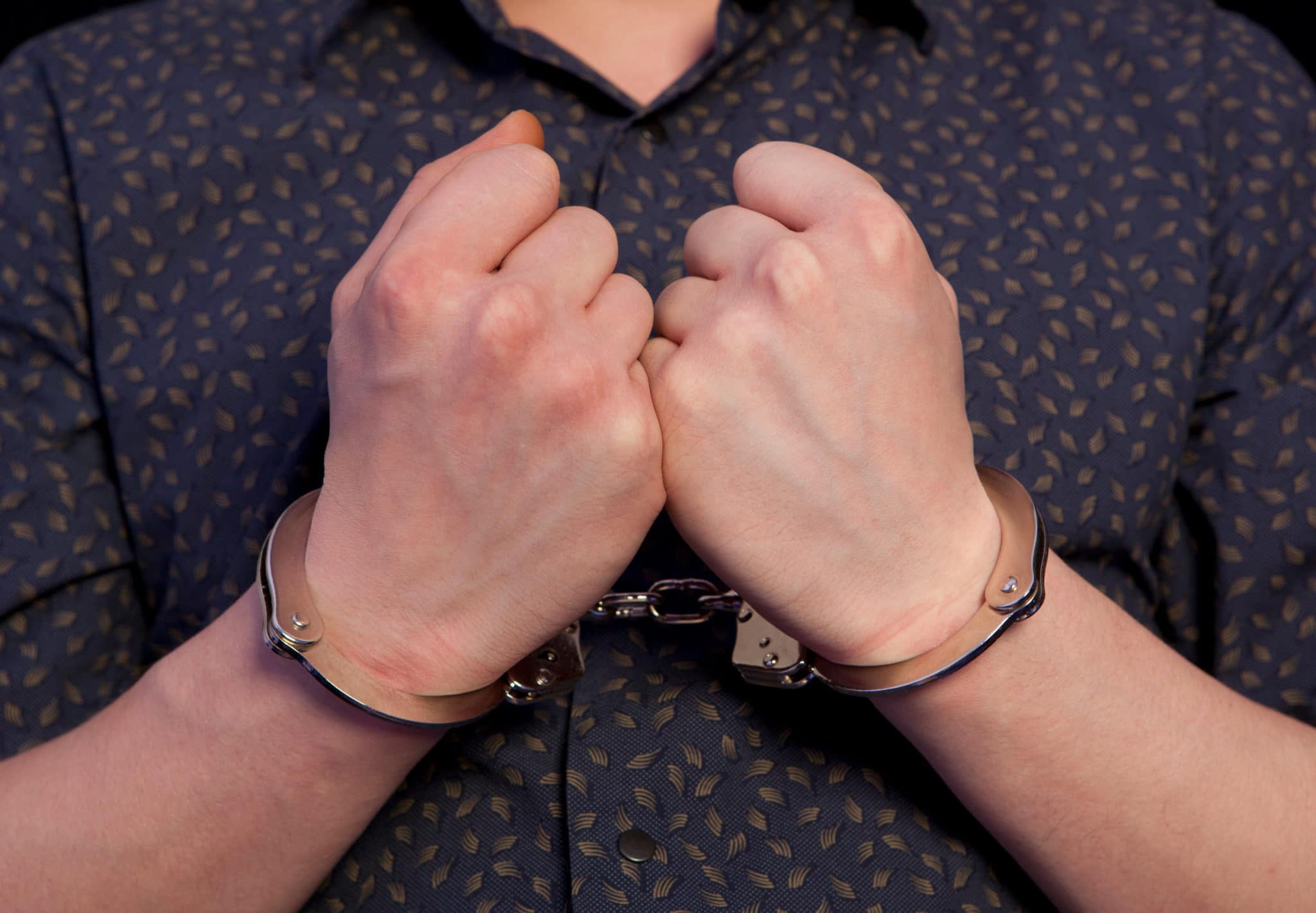Can You Legally Grow Marijuana In Illinois?
Since Illinois legalized marijuana both recreationally and medically in the state in 2020, many people have taken advantage of it. However, the new laws do not allow certain things. It’s important to know what you’re allowed to do with marijuana and what you’re not allowed to do – if you want to stay out of legal trouble.
While marijuana may be legal in the state, there are still legal consequences for breaking the laws that are in place. That’s why it’s vital for every Illinois resident who partakes of marijuana to understand what they can and cannot do, especially when it comes to cultivating your own plants at home. Here’s what you need to know.
What Does Marijuana Being Legal Mean?
In 2020, cannabis, or marijuana, became legal in Illinois for recreational users. Up until that point, it had been legal for those who needed it for medical reasons and was approved for its use by a medical professional.
The new law made the sale, possession, and trafficking of small amounts of marijuana legal. However, the cultivation of marijuana is only something that can be done by people with qualifying medical conditions. Recreational users may not grow their own plants. If they do, then they can face legal consequences.
Medical Marijuana in Illinois
Since 2013, medical marijuana has been legal in the state. It lets those who have a qualifying medical condition register to use cannabis with the Department of Public Health.
With a doctor’s prescription, medical marijuana users can get up to 71 grams of marijuana every two weeks. If they require more due to a medical condition, they can get a waiver from the state.
It is also legal for medical users to grow their own marijuana, but there are rules attached. Medical marijuana users can grow up to five plants over five inches tall, but they must be in rooms that are secure from anyone under the age of 21. Also, they must be grown out of public view.
Housing laws can also apply in some situations when it comes to growing. If you live in federally subsidized housing, you can be denied housing or evicted if you use or grow marijuana.
If you live in private rental housing, the landlords may ban smoking in their dwellings, but it can be used in other preparations. In a lease, it is possible for a landlord to ban growing marijuana on their property, so make sure you clear it with them before you do.
Penalties for Growing Marijuana

If you have a medical card, there are no legal penalties for growing up to five plants of your own. However, it is a violation of the law to grow plants for recreational use. Up to five plants will only result in a fine of $200, but the more plants you grow, the steeper the penalties.
If you have between 5 and 20 plants, you can serve up to three years in prison for a felony and be required to pay up to $25,000. If you have between 20 and 50 plants you can go to prison for five years, while 50 to 100 plants can send you to prison for up to five years and require you to pay fines of $100,000. If you have between 50 and 200 plants, that penalty is raised to seven years. Over 200 plants can lead to incarceration for up to 15 years.
About the Author:
Andrew M. Weisberg is a former felony prosecutor who now serves as a defense attorney in the greater Chicago area. He has extensive experience in handling all types of criminal cases, from sex offenses and domestic violence to retail theft-related crimes, murder, and drug crimes. His work has been recognized by Avvo, Expertise, National Trial Lawyers, and others, and he has been featured on countless news outlets for his experience and knowledge in criminal law.







 Blog Home
Blog Home 










